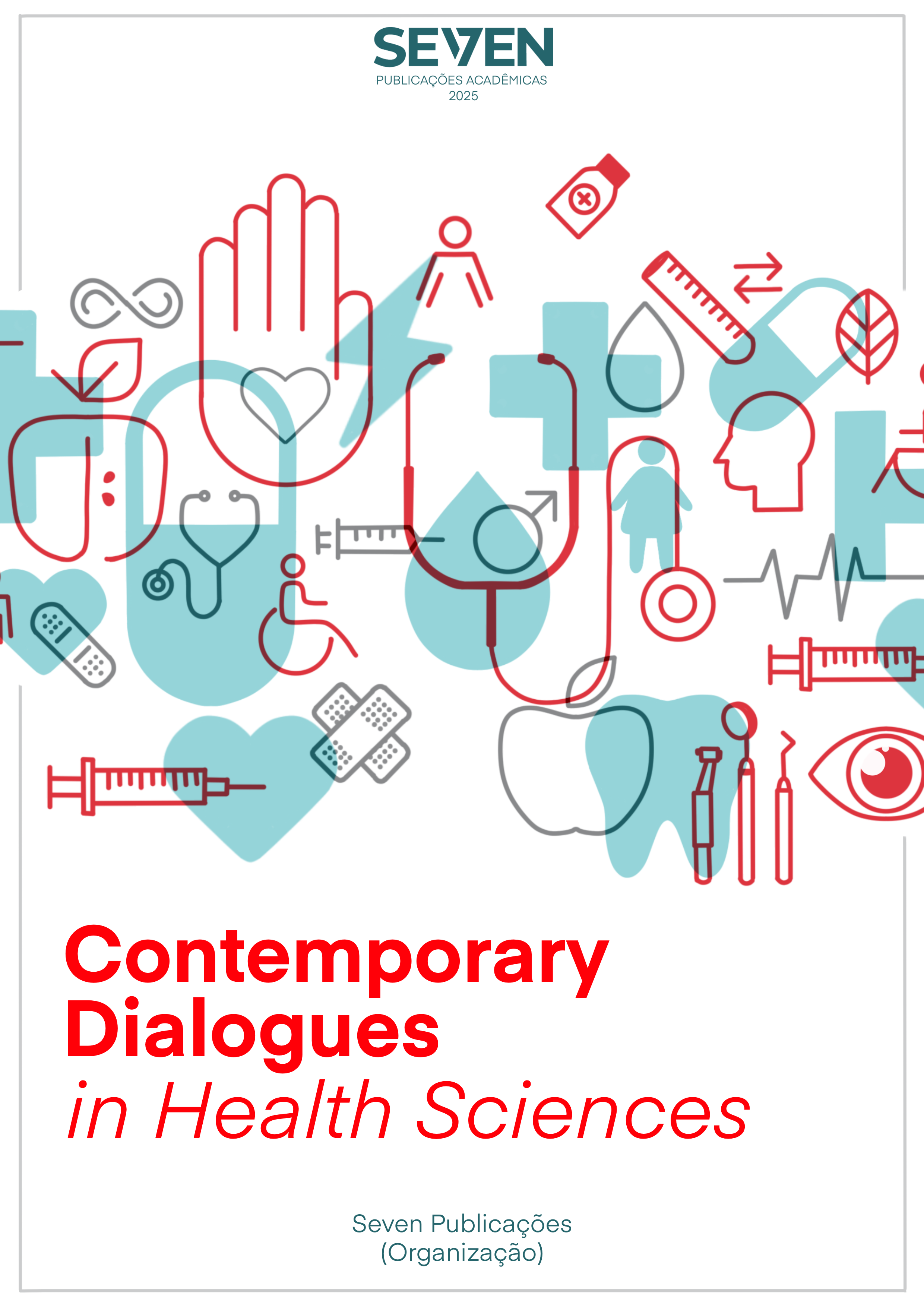USO DE CANNABIDIOL (CBD) EN TRASTORNOS DE ANSIEDAD GENERALIZADA: EVIDENCIA ACTUAL Y PERSPECTIVAS TERAPÉUTICAS
Palabras clave:
Cannabidiol, Trastorno de Ansiedad Generalizada, Salud Mental, Terapia Medicinal, Cannabis sativaResumen
Este estudio tiene como objetivo revisar la evidencia científica actual sobre el uso del cannabidiol (CBD) en el tratamiento del Trastorno de Ansiedad Generalizada (TAG). El CBD, uno de los principales fitocannabinoides de Cannabis sativa, exhibe un potencial ansiolítico consistente sin inducir efectos psicoactivos significativos, a diferencia del tetrahidrocannabinol (THC). La evidencia preclínica y clínica indica que el compuesto actúa modulando el sistema endocannabinoide y los receptores serotoninérgicos, promoviendo la reducción de la ansiedad en diferentes contextos experimentales y en la práctica clínica. Si bien los resultados son prometedores, persisten limitaciones metodológicas, como el pequeño tamaño muestral, la heterogeneidad de los protocolos y la falta de estandarización de las dosis. Los hallazgos disponibles sugieren que el CBD puede representar una alternativa terapéutica segura y eficaz, especialmente en pacientes con respuesta insuficiente o intolerancia a los tratamientos convencionales. Sin embargo, se refuerza la necesidad de ensayos clínicos adicionales con mayor rigor metodológico para consolidar la evidencia científica y respaldar el desarrollo de guías clínicas claras para el uso racional del CBD en el manejo de la ansiedad.
Descargas
Publicado
Número
Sección
Licencia
Derechos de autor 2025 Bianca Suellen Ferreira, João Eugênio Henrique Heidemann e Silva, Guilherme Ângelo Faria Rickli, Valéria Caprioli Breda, Ana Cláudia Queiroz Mota Simas, Valéria Goulart Viana, Anésia Bezerra da Fonsêca, Júlio Cézar Reis Protásio, Geovani Teixeira Pinto, Thays Almeida de Oliveira, Harrison Oliveira Santiago, Mariáh França Guimarães Meirelles de Paula, Mayara Cardoso, Wanderson Carlos Santos Agra, Bruno Henrique Nakagawa, Pabllo Adelino Estevam Barbosa, Celso Gabriel Donati de Mendonça Duarte, João Gonçalves Simões Filho, Brenda Maria Leite Ferreira, Daniel Gomes Fialho, Gabriel Alves Pereira Isac

Esta obra está bajo una licencia internacional Creative Commons Atribución-NoComercial 4.0.





